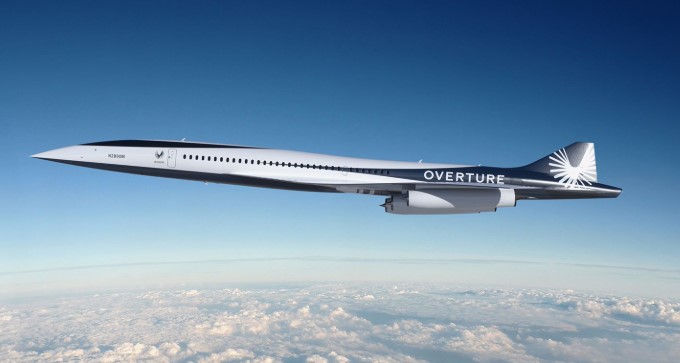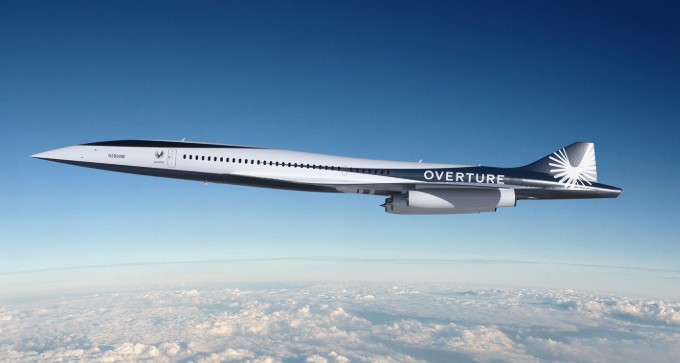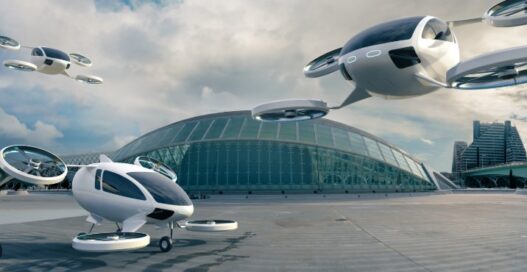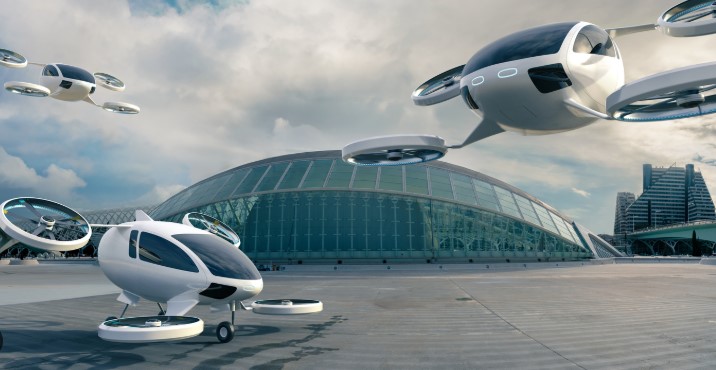Future of Travel|| The way we travel is changing rapidly. Technology is transforming every step of the journey, from booking flights to exploring new destinations. Emerging technologies like biometrics, artificial intelligence (AI), and robotics are leading the way, making travel faster, safer, and more enjoyable for everyone.
In this blog, we’ll explore how these technologies are shaping the future of travel and what it means for travelers worldwide.
Biometrics: A Passport to Seamless Travel
Biometric technology is becoming a game-changer in the travel industry. It uses unique physical characteristics like fingerprints, facial features, and even iris patterns to identify individuals. With biometrics, the days of long lines and tedious identity checks may soon be over.
1. Faster Airport Check-Ins
Biometric systems are already being used at airports to speed up check-ins and security procedures. Facial recognition technology allows passengers to board flights without needing a physical ticket or passport. This makes the process much quicker and reduces the chances of delays.
For example, some airlines now offer biometric boarding gates, where your face acts as your boarding pass. This not only saves time but also ensures a smoother experience for passengers.
2. Enhanced Security
Biometric technology improves security by making it nearly impossible for someone to use fake identification. With tools like fingerprint and iris scanning, airports and border controls can verify identities with incredible accuracy. This means safer travel for everyone.
3. Contactless Travel Experiences
In a world where hygiene is a priority, biometrics enable contactless solutions. From checking in at kiosks to unlocking hotel rooms, travelers can use facial recognition or fingerprints instead of touching surfaces. This adds an extra layer of safety and convenience.

AI: The Brain Behind Smarter Travel
Artificial intelligence is revolutionizing the travel industry by making it more personalized, efficient, and responsive. AI systems are helping businesses predict trends, enhance customer service, and create unique experiences for travelers.
1. Personalized Travel Recommendations
AI algorithms analyze travelers’ preferences, past behaviors, and reviews to offer personalized suggestions. Whether it’s recommending the best hotels, flights, or attractions, AI ensures that every traveler gets a tailored experience.
For example, platforms like Google Travel and Expedia use AI to create itineraries based on your interests, budget, and travel history. This takes the guesswork out of planning and makes travel more enjoyable.
2. Chatbots for Instant Support
Travel companies are using AI-powered chatbots to provide instant customer support. These bots can answer questions, assist with bookings, and even handle cancellations, all in real-time.
This means no more waiting on hold for customer service. Whether it’s asking about flight status or finding the best local restaurants, AI chatbots are there to help 24/7.
3. Predictive Analytics
AI uses predictive analytics to forecast everything from flight delays to hotel prices. By analyzing historical data and real-time information, AI helps travelers make better decisions.
For example, apps like Hopper predict the best time to book flights, saving travelers money and time. This kind of insight is changing how people plan their trips.
Robotics: The Future of Service in Travel
Robots are no longer just science fiction; they’re becoming a reality in the travel industry. From hotels to airports, robots are being used to improve efficiency and enhance the travel experience.
1. Robot Assistants at Airports
Airports are adopting robots to assist passengers. These robots can provide directions, answer questions, and even carry luggage. For example, robots like “KLM Care-E” are designed to guide passengers through terminals, making navigation easier.
2. Automated Hotel Services
In hotels, robots are being used for tasks like room service, cleaning, and concierge duties. These robots can deliver items to guest rooms, clean spaces more efficiently, and provide information about the local area.
Some hotels even use humanoid robots to greet guests and check them in, creating a futuristic experience that leaves a lasting impression.
3. Maintenance and Safety
Robots are also being used behind the scenes to ensure the safety and cleanliness of travel spaces. For example, cleaning robots equipped with UV light technology can disinfect surfaces in airports and hotels, providing a safer environment for travelers.

The Combined Impact of Biometrics, AI, and Robotics
When combined, these technologies create a seamless and highly efficient travel ecosystem. Imagine a future where:
- Biometric check-ins get you through security in seconds.
- AI-powered apps guide you to hidden gems at your destination.
- Robots carry your luggage and ensure your hotel room is spotless.
These innovations work together to remove stress from travel, allowing you to focus on enjoying the journey.
Challenges and Ethical Considerations
While these technologies offer incredible benefits, they also raise important questions:
- Privacy Concerns: Biometric data is highly sensitive. Ensuring its security is critical to prevent misuse.
- Job Displacement: Automation through AI and robotics could impact jobs in the travel industry. Finding a balance between technology and human workers is essential.
- Cost and Accessibility: Advanced technologies may initially be expensive, making them less accessible to budget travelers.
Addressing these challenges will be key to ensuring that the future of travel is inclusive and secure.
Looking Ahead: What to Expect
The future of travel is exciting, and these technologies are just the beginning. Here’s what we can expect in the coming years:
- Hyper-Personalized Experiences: AI will analyze real-time data to create travel experiences tailored to individual preferences, from activities to meal choices.
- Fully Automated Airports: Biometrics and robotics will handle every step of the journey, from check-in to baggage claim, making airports faster and less crowded.
- Virtual Travel Experiences: AI and robotics could combine with virtual reality (VR) to offer immersive travel experiences for those unable to travel physically.
As these technologies continue to evolve, they promise to make travel more accessible, enjoyable, and memorable for everyone.
Final Thoughts
The future of travel is bright, thanks to biometrics, AI, and robotics. These technologies are not just improving convenience and safety; they’re transforming how we explore the world. From personalized recommendations to seamless check-ins and robotic assistants, travel is becoming smarter and more exciting.
While challenges like privacy and accessibility must be addressed, the possibilities are endless. As these innovations continue to grow, one thing is clear: the way we travel will never be the same again.



















